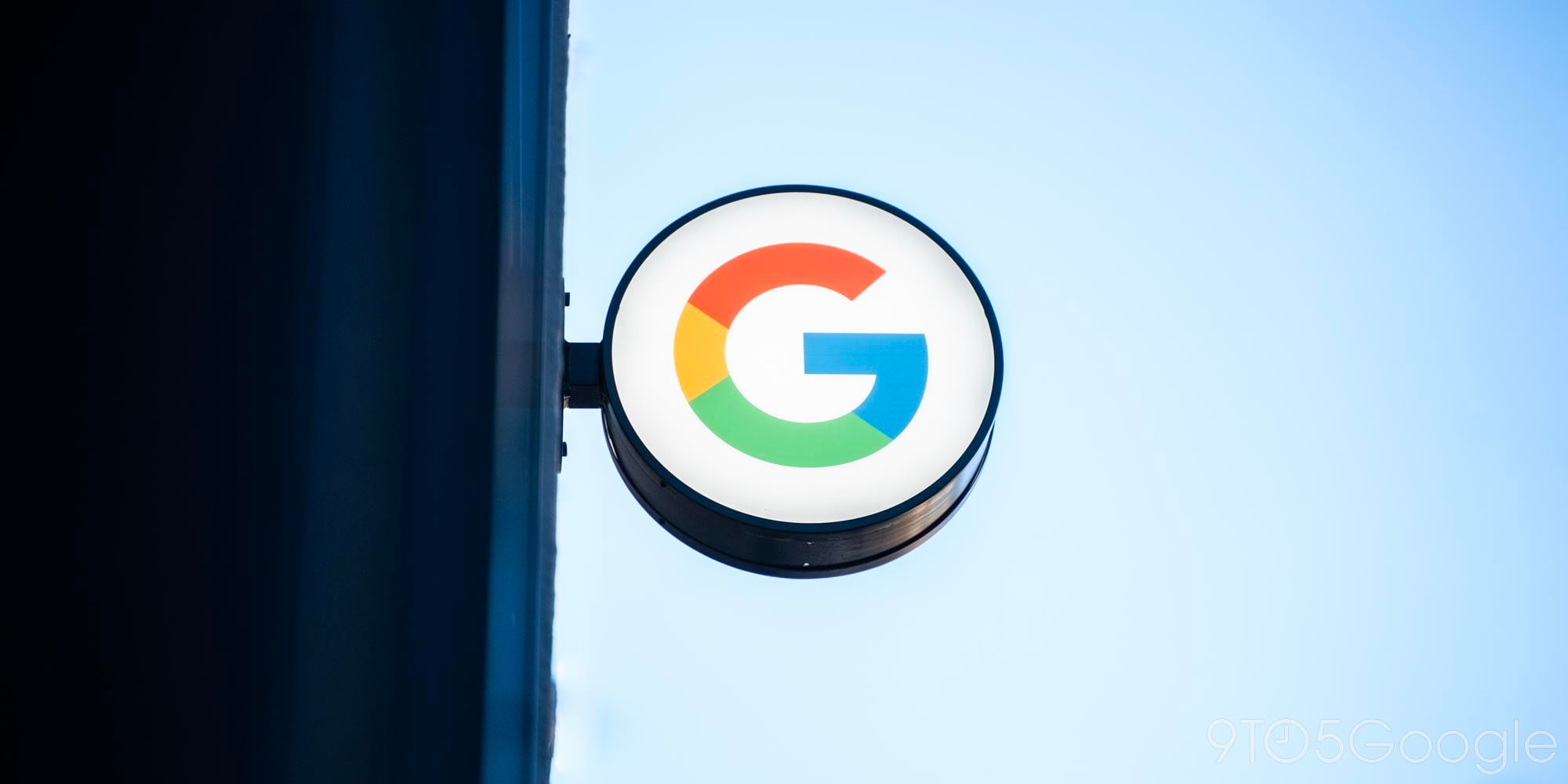
 Huawei‘s ambition are not small. At the Wall Street Journal and f.ounders-held Converge technology conference in Hong Kong, Huawei director Richard Yu — who heads the company’s consumer electronic business — made it clear that the firm’s short term plan is more than aggressive…
Huawei‘s ambition are not small. At the Wall Street Journal and f.ounders-held Converge technology conference in Hong Kong, Huawei director Richard Yu — who heads the company’s consumer electronic business — made it clear that the firm’s short term plan is more than aggressive…
Despite a very minimal presence in the US market, Huawei is still growing outside of its home market, China, and its expansion plan indeed includes North America in a strong way.
After having being banned in 2012 following a congressional report that recommended that US carriers avoid Huawei’s telecommunication networking equipment, citing (repeatedly denied) concerns that it could be used by Beijing to spy on the American people, Yu said that Huawei “is in discussions to sell smartphone through U.S. telecom carriers”, without however disclosing any additional information.
That will certainly help the company’s bigger plan, which sets to overtake both Samsung and Apple and gain a 25% market share, effectively becoming the world’s largest vendor. “We want to be the number-one smartphone maker in the world. It’s a long distance race, and we have the patience,” said Yu.
Beyond its telecom gear, in fact, Huawei has become increasingly more famous over the past few years as a handset manufacturer, with a primary focus on the high-end segment. A testament to this is its most recent flagship, the P9, which other than top-notch specs and a premium build can boast a collaboration with German optics company Leica, which helped in the developing of the phone’s dual camera system.
With a 59% YoY growth in sales volume — compared to Samsung’s flat one and Apple’s 14% decrease — Huawei now sits with a market share of 8.3%, with Samsung and Apple at 23% and 15% respectively. “Our growth is mainly coming from the high-end, premium segment,” Mr. Yu said. “If you want to be the leading vendor you have to lead in the high-end.”
The Leica partnership, as well as the US carriers’ collaboration, indeed plays a very important role in Huawei’s vision, and the company expects it to endure for at least the next five years.
Huawei is however interested in other segments of the consumer electronics business, too, and namely virtual reality. Now that Google has laid the groundwork with its Daydream platform for Android, “the company plans to release a new VR-compatible smartphone this fall,” Yu said, confirming earlier reports.
FTC: We use income earning auto affiliate links. More.





Comments